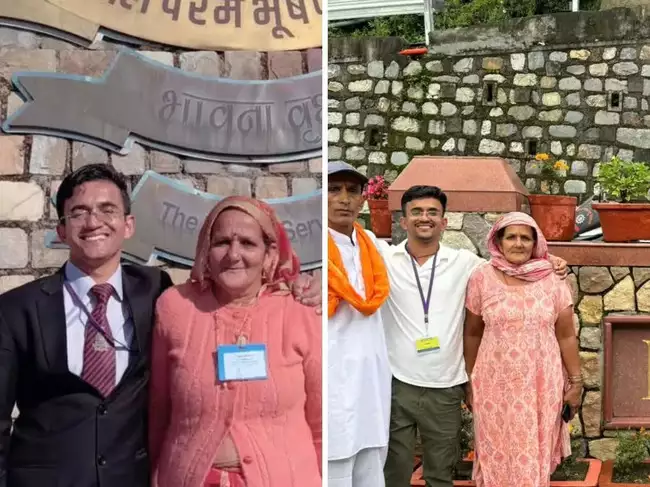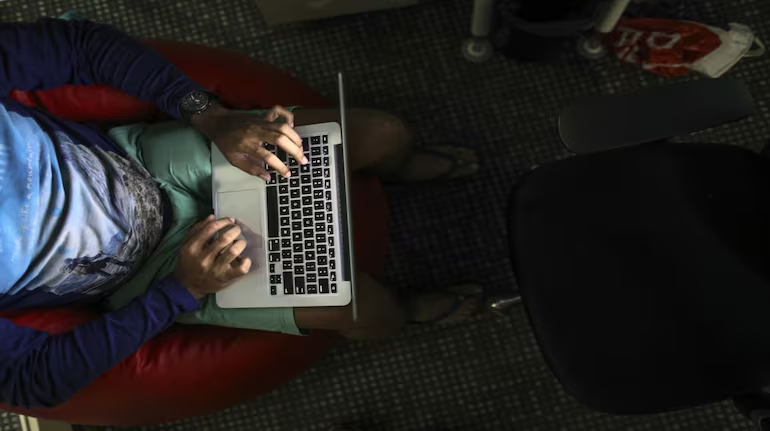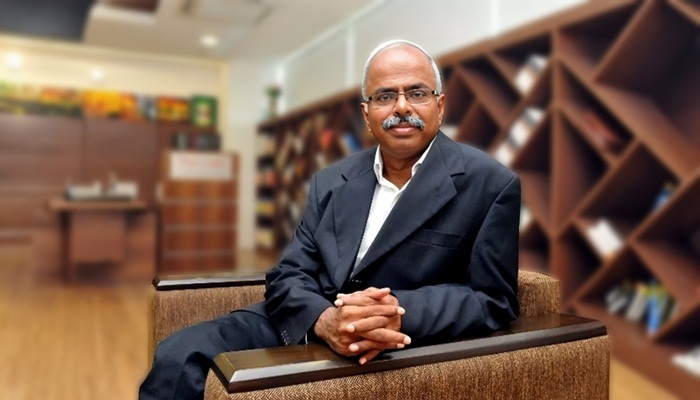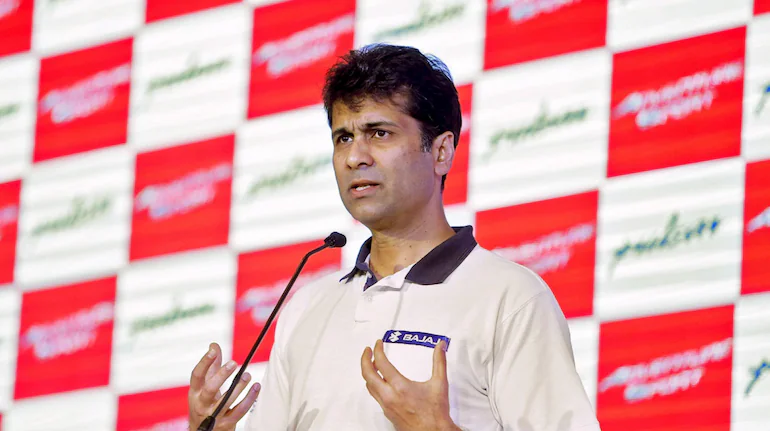Rajiv Bajaj, Managing Director of Bajaj Auto, recently shared his thoughts on the ongoing debate surrounding the 90-hour work week, stressing that India Inc. needs to move away from the outdated practice of measuring work hours. He described this metric as “archaic and regressive,” and emphasized the importance of focusing on the quality of work rather than the sheer quantity of hours worked.
In a conversation with CNBC-TV18 on January 10, Bajaj offered a more compassionate view of the work culture, noting that employees are already dedicating a significant portion of their day to work when you include commute times. He argued that this is already a good enough work commitment and questioned whether the number of hours worked should be the primary concern for companies.
Bajaj said, “The focus should not be on how many hours are worked, but rather on the qualitative aspects of work.” He added that while companies must ensure the completion of necessary tasks, work hours themselves are not the primary factor limiting a company’s success. He suggested that the real bottleneck often lies in the senior leadership, whose role is to create an environment conducive to productivity.
He further emphasized that businesses should stop measuring employees’ hours and instead focus on enhancing efficiency and speed. “Companies must move away from measuring hours,” Bajaj stated, calling it a regressive practice. He suggested that businesses should shift towards fostering quicker completion of tasks, which would lead to better outcomes.
Regarding the 90-hour work week, Bajaj shared his perspective by saying he would prefer to see leaders put these ideas into practice first. “Let it start from the top. If it works as a proof of concept, then implement it further down the hierarchy,” he added.
Bajaj also reflected on his decision to introduce a Work From Home policy in 2018, two years before the pandemic. He pointed out that once a strong team and strategy are in place, there is no need for daily office presence, as productivity can be equally effective from remote locations. He noted that while this is often not feasible for middle and junior management, especially in manufacturing businesses, it is an important concept to consider.
He concluded by highlighting the importance of measuring the “wholesomeness of life” in an employee’s experience, explaining that working 70-90 hours a week does not negate an employee’s humanity. He stressed that while productivity discussions often take place at the leadership level, the implementation and consequences are felt at the junior levels. Bajaj called for a more compassionate and supportive work environment, urging companies and HR departments to focus on fostering a kinder, gentler world of work.






















